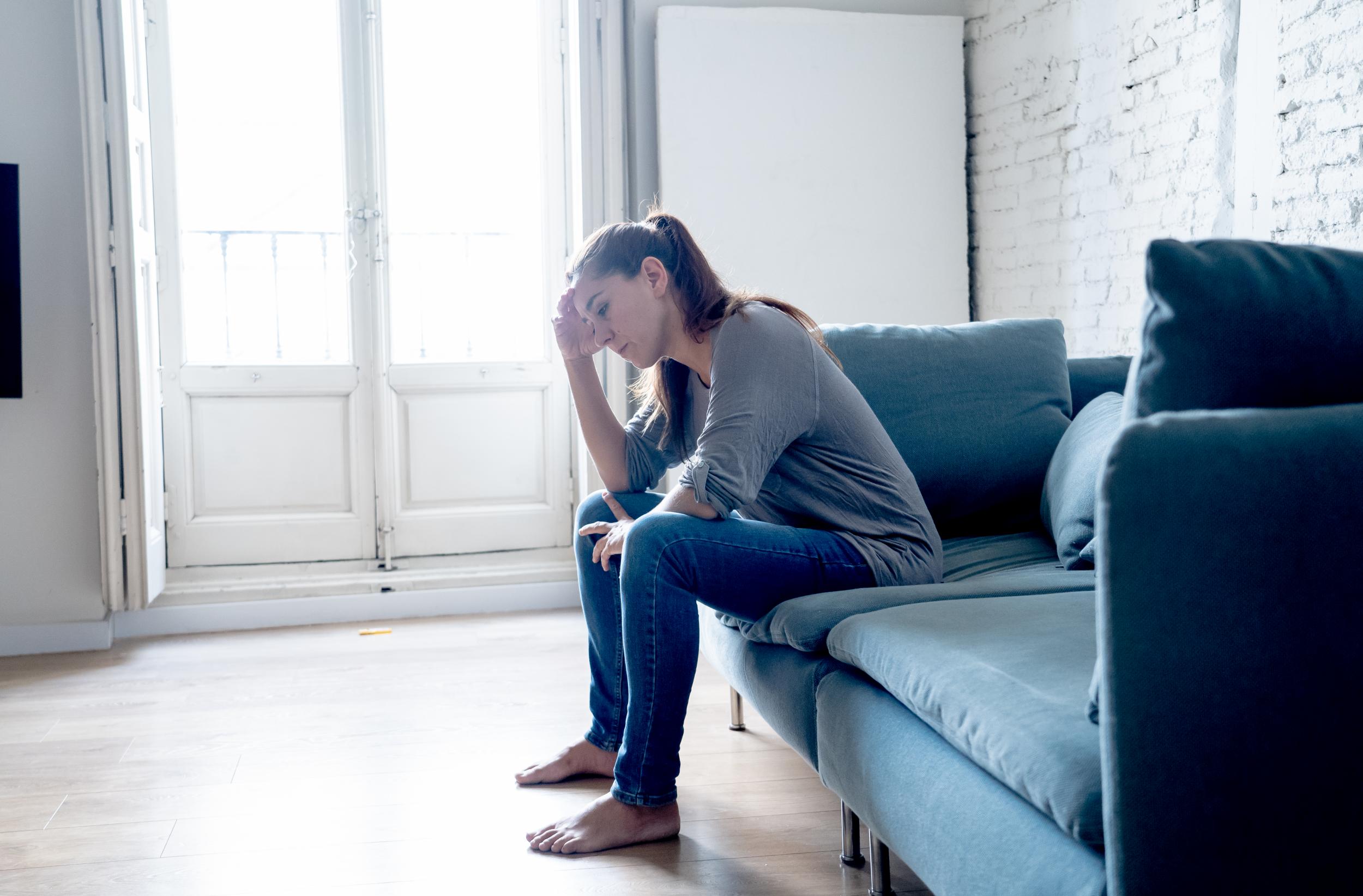How paid leave from employers could overhaul domestic abuse victims’ lives
Employers in Britain are following the lead of other nations, writes Maya Oppenheim


Domestic abuse does not only have a harrowing impact on the victim’s physical and psychological wellbeing but also has a damaging effect on their career – with research showing 122,000 women are estimated to have missed work due to domestic abuse last year.
Peabody, which is one of the largest housing associations in London, has just announced it will offer up to 70 hours paid leave to those suffering domestic abuse in a bid to tackle such issues.
Frontline service providers are hopeful the new scheme offered by the social housing provider – which includes a plethora of measures to keep domestic abuse victims safe – could soon be rolled out more widely.
Since New Zealand became the first country in the world to pass legislation allowing victims of domestic violence paid leave in July 2018, campaigners and MPs have urged the UK to introduce an equivalent policy.
Mel Cox, of Hestia, a leading domestic abuse charity which became the first charity to offer paid leave to domestic abuse victims last July, told The Independent such measures are “absolutely essential”.
Ms Cox, the charity’s director of human resources, said: “If they can get time out of work to clear their head and find the opportunity to speak to key people to ask for help, they might get the opportunity to plan an escape or find alternative accommodation or speak to a solicitor. It is vital because it is time we can give them that the perpetrator won’t know about.
“I hope many more organisations across different industries follow suit. It is difficult to know whether it is a priority for the government. We would like to see the government include legislation around working conditions for domestic abuse victims, including paid leave, in the domestic abuse bill.”
Ms Cox said her charity offers a range of “subtle ways” for victims to ask for help without having to go into detail about the abuse they are experiencing. The domestic violence charity has 30 “domestic abuse champions” out of a team of 600 employees which work across London, Slough, and parts of Kent, she added.
“The domestic abuse champions are specifically trained to be ready to have conversations with people who want to talk to them about their personal circumstances,” she said. “They can help signpost them to more specialist support.”
A Scottish council became the first in Europe to offer up to 10 days of paid leave to victims of domestic abuse last year – with councillors in South Ayrshire voting unanimously in favour of the policy which was inspired by New Zealand’s legislation.
Such measures are designed to give victims time to attend court hearings, take on additional childcare responsibilities, move home, or pursue help from public agencies and charities, which in turn allows them to keep their financial autonomy by holding on to their jobs while fleeing abusers.
Nicole Jacobs, the domestic abuse commissioner, argued there needs to be a new legal duty on employers to provide such measures.
She said: “We all have a role to play in responding to domestic abuse, which still affects over 2 million adults every year. Whether as employers, service providers, friends or neighbours, it is vital that survivors are supported effectively and sensitively.”
The government is currently asking for evidence as part of a review of employment rights for domestic abuse victims. Its consultation, which closes in September, seeks to give survivors of domestic abuse support to come forward to report abuse, seek financial help or emotional support at work.
If ministers were to go ahead and force workplaces to provide paid leave for domestic abuse victims, it could open up conversations between employers and domestic abuse victims and help to break down stigma.
Join our commenting forum
Join thought-provoking conversations, follow other Independent readers and see their replies
Comments